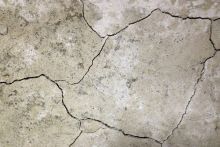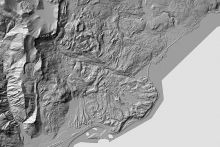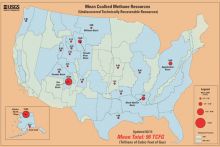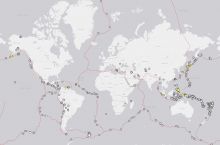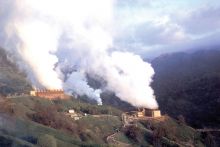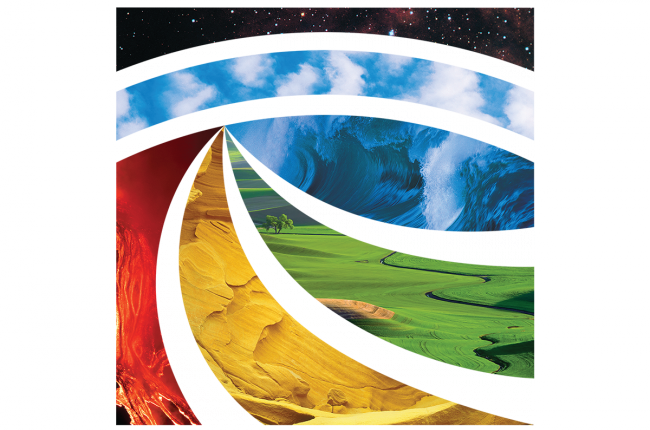
Geoscience is the study of the Earth - its oceans, atmosphere, rivers and lakes, ice sheets and glaciers, soils, its complex surface, rocky interior, and metallic core. This includes many aspects of how living things, including humans, interact with the Earth. Geoscience has many tools and practices of its own but is intimately linked with the biological, chemical, and physical sciences.
Geoscience investigates the past, measures the present, and models the future behavior of our planet. But it also involves the study of other planets, asteroids, and solar systems, both to better understand the Earth and to expand our knowledge of the universe.
Learn More
- Explore the Geosciences (Website) American Geosciences Institute
A wide range of information products covering five major areas of geoscience that impact people: climate, energy, natural hazards, mineral resources, and water
- Directorate for Geosciences (Website) National Science Foundation
Homepage for the National Science Foundation directorate responsible for the majority of federal funding for geoscience research across the country
- Education Resources Network (Website) American Geosciences Institute
Resources for geoscience education at the K-12 level, including curricula, media, professional resources, outreach programs, and links to many other geoscience and education organizations
- Information Services (Website) American Geosciences Institute
The widest range of geoscience information services available online, including the GeoRef database, which can be used to search 3.7 million references to articles, books, maps, conference proceedings, reports, and theses
- Geoscience Workforce (Website) American Geosciences Institute
Workforce and careers data and information for the geosciences


